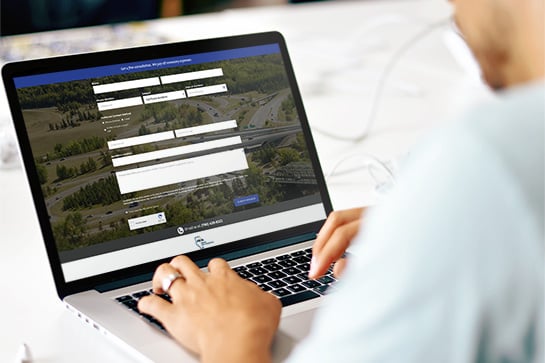Sources of Compensation available following a Motor Vehicle Accident
Property Damage
After the initial treatment of any injuries sustained, the first concern most people have following a collision is dealing with the damage done to their vehicle. This will involve obtaining funding for any necessary repairs or, if the vehicle is written off, receiving a lump sum payout for the value of the vehicle.
If you have collision coverage on your vehicle, your insurer will be able to assist you. If you are at fault for the accident, they will pay for your property damage, less your deductible. If another party is at fault, and that party has insurance, your insurer will usually pay for the damage to your vehicle less your deductible (although your insurer will likely waive the deductible if liability for the accident is not in dispute) and recover that amount from the at fault driver’s insurer. Continue reading
